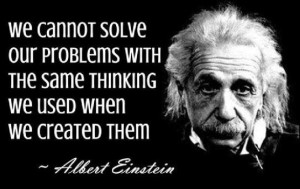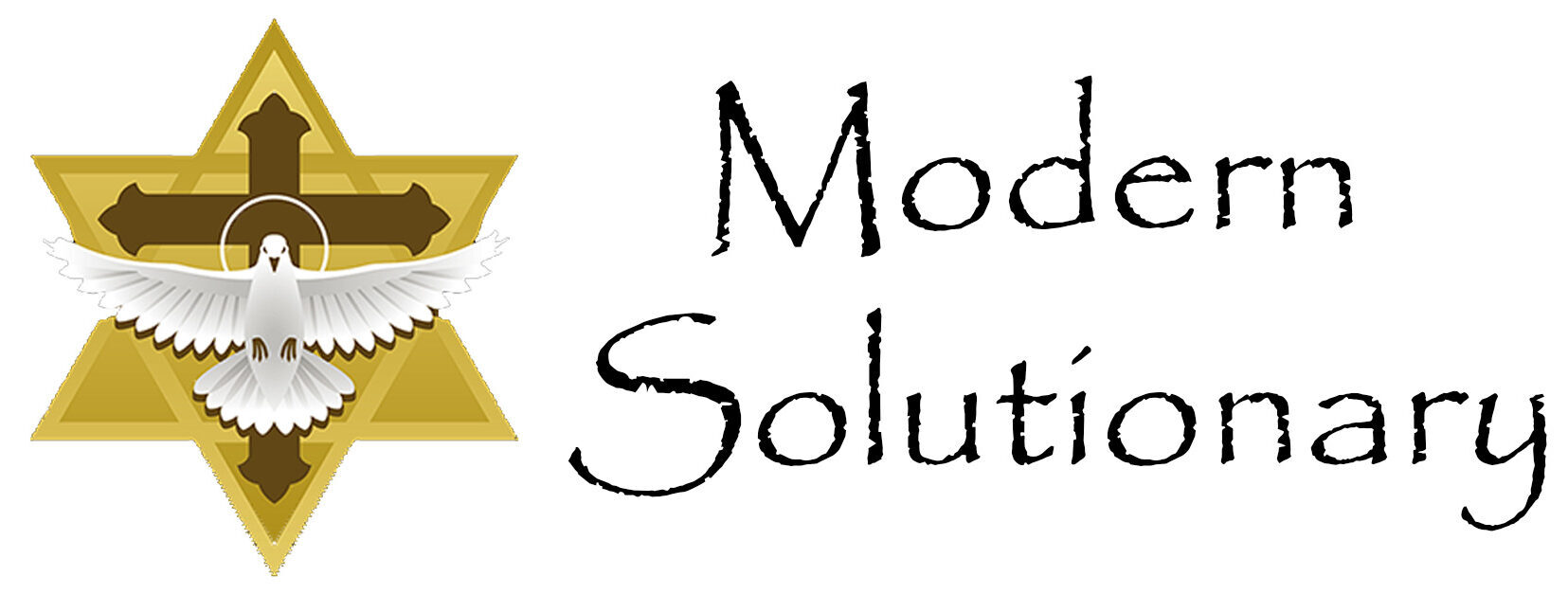 Have you ever been confused about whether you were being educated or trained? What is the difference between a teacher and a trainer? Do our colleges and universities deliver training or education? Can or should the company I work for provide education, training or both? When should I pursue training verses an education? These can be tough questions, especially for people in the corporate world or people who are self-employed. To help you with these questions, let’s shed some light on the differences and what each can deliver to the individual.
Have you ever been confused about whether you were being educated or trained? What is the difference between a teacher and a trainer? Do our colleges and universities deliver training or education? Can or should the company I work for provide education, training or both? When should I pursue training verses an education? These can be tough questions, especially for people in the corporate world or people who are self-employed. To help you with these questions, let’s shed some light on the differences and what each can deliver to the individual.
Everyone that lives on planet Earth grows old and most of us grow intellectually during the aging process; even when a formal education system is not present. Our intellectual growth is commonly referred to as Intellectual Development and it has three major components that apply to each of us; Motivation, Education and Training. Even though two of the three can be viewed as very similar to each other, one is very different and unique. We will examine each separately to determine the role that each plays in our learning process.
The first component that comes into play when we desire to learn something new is motivation. Motivation is defined as the reason or incentive to do something. Without motivation most people would not progress through difficult situations or environments. Any one who remembers their college years, can attest to how difficult some courses can be. It is that personal motivation that gives each individual the initiative to persevere when the level of difficulty begins to mount. When motivation is applied to intellectual development both a negative or positive force has equal power as a driving force in the students mind. In other words, it could be the fear of failing a training evaluation that will result in the person being terminated from their job or the personal drive to finish a course with a perfect score resulting in a position on the Dean’s list that moves the student across the finish line. Motivation comes in many forms but always will be present in one of two forms, either driving us to avoid pain or to increase our pleasure. Both are equally as motivating to the individual person who seeks the education and training they are after.
The next important component is education. It is defined as a process of acquiring knowledge or abilities gained through personal direction or indirect means such as books or electronic recordings. Our education begins in our mother’s arms. At the earliest of ages we begin to receive the transfer of knowledge through the lessons of our parents and siblings. As we age, we continue this journey through the school systems. Once we move through the school programs, most adults enroll in the School of Hard Knock. This school can be the most difficult of educational programs because the lessons usually come at a price far greater than a exam score. Some of these adults may believe that they are finish with their “formal” education and if by formal they mean a structured education, they may be correct, but formal or not they never quit learning. As a matter of fact, anyone desiring to continue to improve, grow, progress or move up the corporate ladder of success had better not adopt a closed mind set toward education. With so much in our world changing so rapidly, one’s education can become out dated very fast in this quick paced society in which we live. That is how people quickly become irrelevant in their current position.
The final piece of the intellectual development puzzle is training. This component is defined as the process of learning how to apply the education, skills, and abilities toward a job, task or duty. Said in another way, training is the process we go through in order to use our education effectively. An important aspect of effective training is that the one being trained is commonly observed and monitored during the training process by someone already proficient in the job or skill being trained on. Our intellectual development comes full circle when we are being trained with the expectation to demonstrate our ability to perform the desired tasks using the education we have amassed and to do so with the proper attitude of enthusiasm created through our internal motivation.
Now that we understand each of the components, let’s review an example that uses all three components in a very clear way. If you were a police officer one requirement of your job would be proficiency in the use of a Taser firearm. There are multiple motivations which could be present for the student but the first would definitely be safety for yourself and those around you. This motivation would be very strong since your actual life could depend on it. Next, you would be required to learn how this protective device works, the various parts of the tool, and how the emitted charge affects the suspect. These are just a few examples of the education you would need to learn before you could even handle the actual firearm. Finally, you would be given formal training on the use of the weapon. This training would encompass one on one instruction with someone who is an expert with the tool. They would monitor your safe use of the tool, your ability to score satisfactory in a simulation test using a live Tasor on a firing range mannequin, and receive reinforced instruction on the material you learned through your readings and video demonstrations. In addition, the instructor will be a great resource to the student by demonstrating various techniques the student will be expected to master.
Most of us have never been through this sort of education and training but as an example, it does paint a clear picture of the differences and the connections between Motivation, Education and Training.
